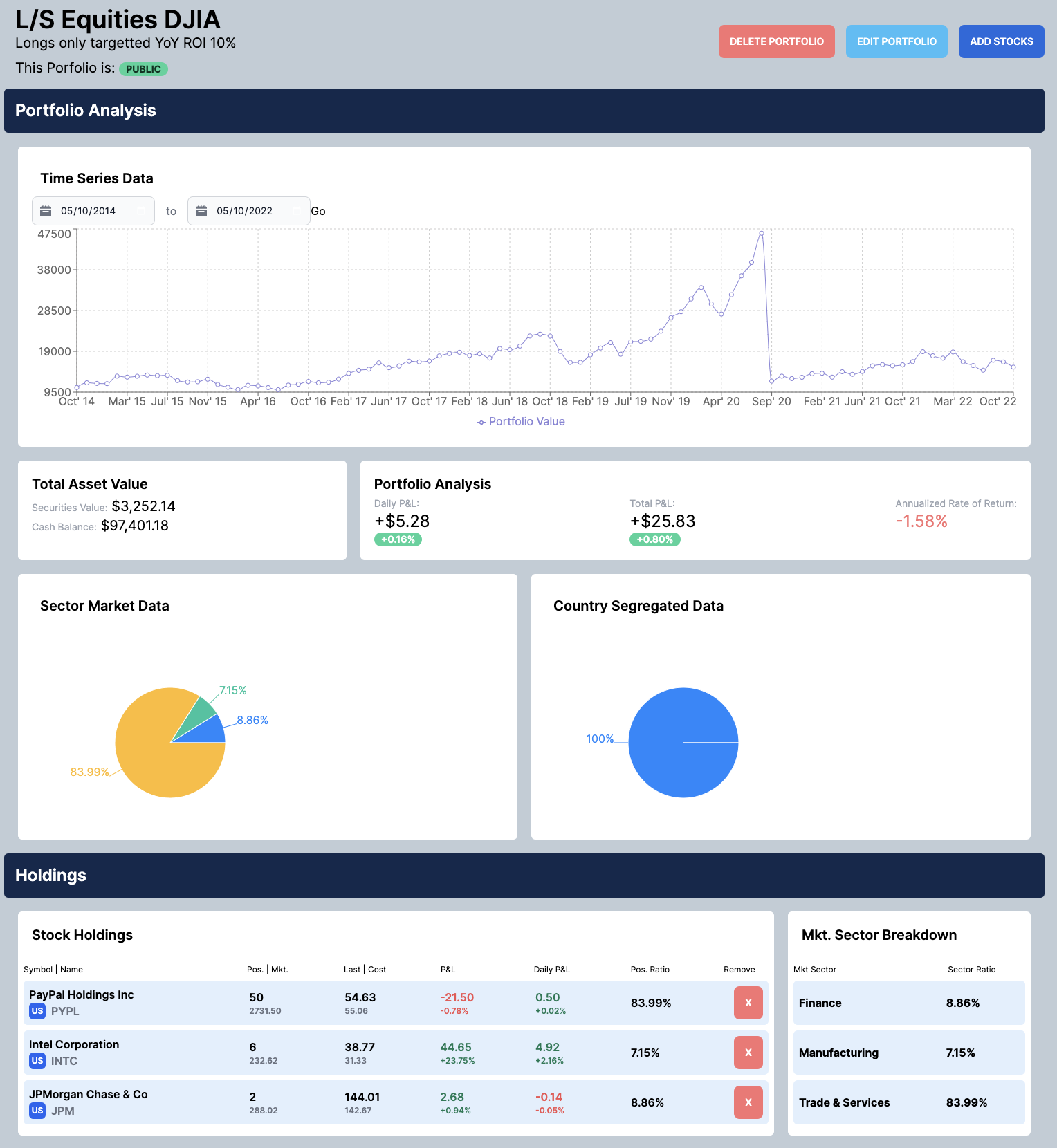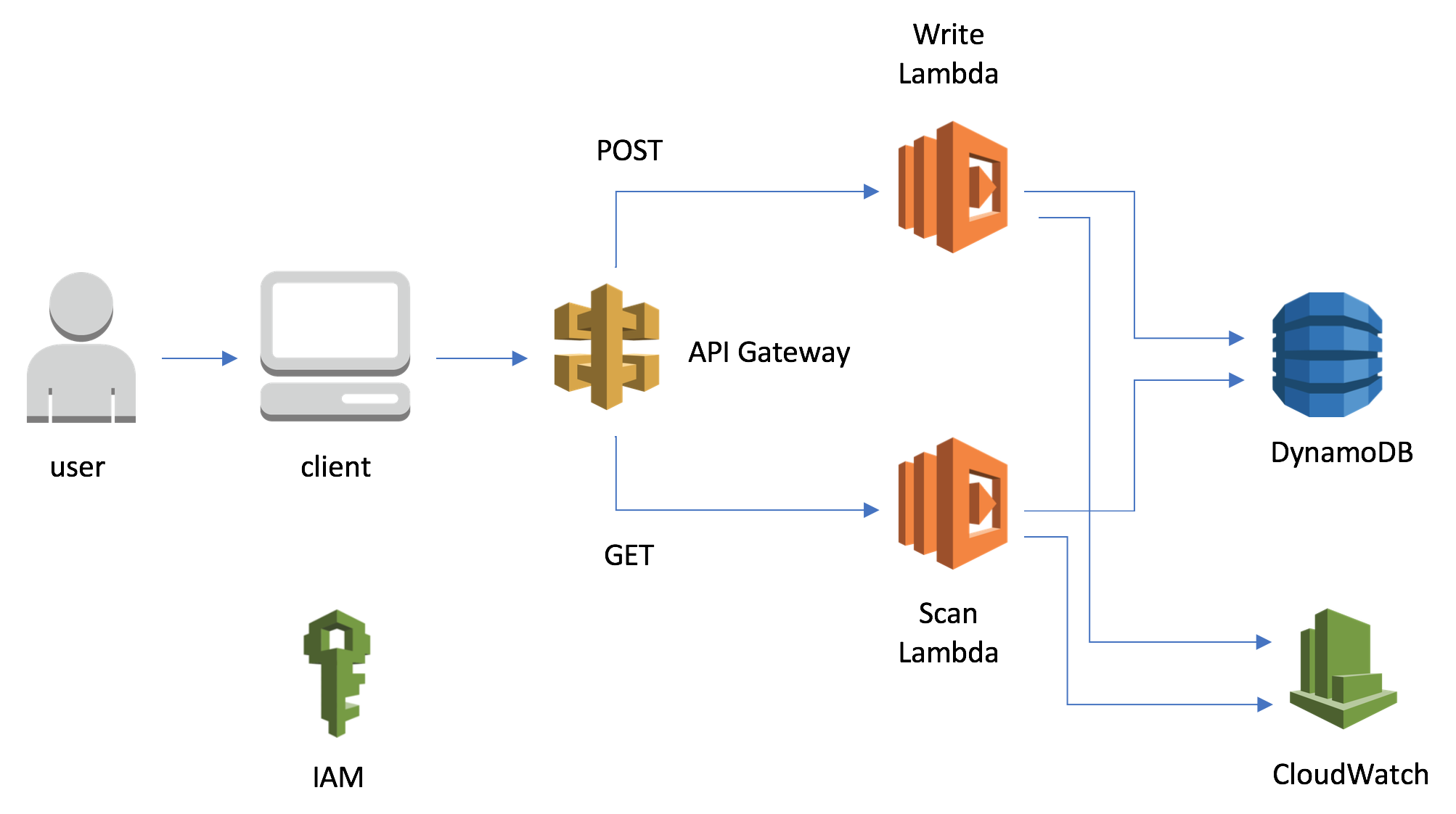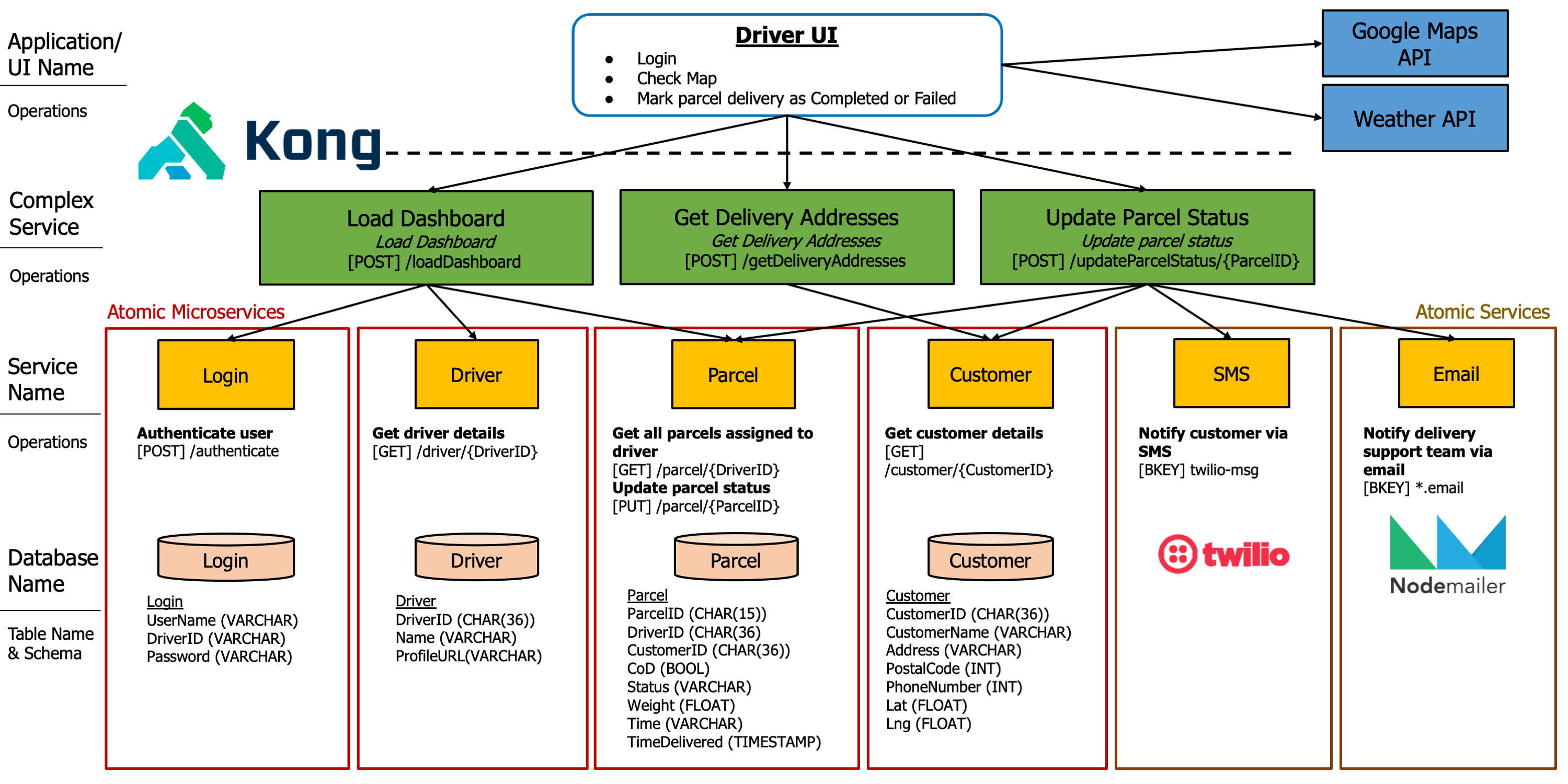Overview
Let’s breakdown how I scored for the modules that I took. For the deep dive into the exact grades, look at the posts covering each individual module itself. I breakdown how the module works, generally how to score (which components to focus on and the grading etc.) (coming soon). Note that the profs do matter, and some professors have different criteria. so make sure to double check back with your professors on the exact grading criteria. I usually like to ask: “What kind of project constitutes an A/A+, how can one achieve that”. I was top 1% for most exams and quizzes. I studied about 50-80h weeks so YMMV. Most of my weekends from Wk1 were spent in school. I
If you’re looking instead for how to score for the individual modules, you can find them here. Not all are listed, and they might never be listed:
- Scoring for CS440 Foundations of Cybersecurity
- Scoring for IS443 Object Oriented Programming
- Scoring for IS423 Financial Markets Processes and Technology
- Scoring for IS212 Software Project Management
- Scoring for IS213 Enterprise Solution Development
- Scoring for IS216 Web Application Development 2
Also checkout the list of techniques which I used 95% of the time to score. Luck played a huge factor but the exam strategy and study technique is also very important.
- What it takes to score well
- Demystifying the framework to doing well
- Techniques for Hard Work
- Introduction to the Principles of Learning
- Introduction to Memory Techniques
Y1S1
This was my poorest performing semester, I lacked study techniques, I lacked understanding of how to score. I spent too much time attaining these grades. I had no life this semester. Main takeaway was how to carry groups, as I did most of the work for my project for my COR modules.
| Course | Difficulty | Target Grade | Mid-sem expected Grade | Attained Grade |
|---|---|---|---|---|
| IS111 Introduction to Programming | Hard | A | A- | A |
| IS110 Information Systems and Innovation | Easy | A+ | A+ | A |
| COR1301 Leadership and Teambuilding | Medium (but extremely tedious) | A | A- | A |
| COR1302 Business, Government, and Society | Easy | A | B+ | A- |
Y1S2
I got slightly better but still spent so much time on these modules and had no life. Again, I did most of the work for most of my projects. As an IS student, still managed to perform fairly well on non-technical modules.
| Course | Difficulty | Target Grade | Mid-sem expected Grade | Attained Grade |
|---|---|---|---|---|
| IS112 Data Management | Medium | A | A- | A |
| IS113 Web Application Development 1 | Easy | A+ | A- | A |
| COR3001 Big Questions | Easy | A+ | A+ | A |
| COR2100 Economics and Societies | Difficult | A- | B+/A- | A |
| COR1100 Writing and Reasoning | Difficult | A | B+ | B+ |
Y2S1
This was my best performing year where I spent a lot of time thinking about meta-learning (learning about how to learn). I cracked the code of scoring well. I focused a lot on grades and sacrificed a large chunk of my social life. I was doing internships and winning hackathons as well. This was when I started not bidding alone and it free-ed up my time immensely. I was able to spend much lesser time on school while still scoring well, and spent about 3/7 days a week on internship, 1/7 day relaxing and doing interview preparation / hackathons.
As a Year 2, I got into many final round interviews with notable companies (disclaimer, this was during technology boom).
I216 WAD2: Top 3 Project amongst 30 groups that the Professor was teaching. View Project Save-My-World. Mid-terms full marks.
COR-IS1702: Top 10 in cohort (over 300 people) for most optimal algorithm.
| Course | Difficulty | Target Grade | Mid-sem expected Grade | Attained Grade |
|---|---|---|---|---|
| IS210 Business Process Analysis & Solutioning | Easy | A | A- | A+ |
| IS216 Web Application Development 2 | Easy (but tedious) | A+ | A | A+ |
| IS211 Interation Design and Prototyping | Easy (but extremely tedious) | A | A- | A+ |
| COR-IS1702 Computational Thinking | Difficult | A | A | A+ |
| COR-STAT1202 Introductory Statistics | Easy | A+ | A+ | A |
Y2S2
Same as Y2S1, I cracked the code on how to perform well. I still spent a large amount of time, more than most people but no longer needing to spend more than 10h per week per module (Amortized since I don’t study as much during exam weeks. The bulk of the study comes from Weeks 1 - Week 12. The final study week is something like a delaod week.). You can think of Weeks 1-6 being about 15h/mod/week, tapering down to about 5h/mod/week closer to finals. Studying will include learning new things, such as me diving into the Vue framework in the early weeks of the project. Learning new things will always take up a huge chunk of my time, and I always try to start extremly early so I can give myself good leeway to contribute. My friend and I were the first 2 people to be nominated for 3 Project Awards in 1 semester. Don’t think anyone else has done this before. Projects for IS213, IS214, IS215 were definitely top few of cohort.
IS213: View Project NinjaTruck - Top 3 in cohort, nominated for 2 awards IS214: - Top 3 in cohort, nominated for 1 award.
| Course | Difficulty | Target Grade | Mid-sem expected Grade | Attained Grade |
|---|---|---|---|---|
| IS213 Enterprise Solution Development | Easy | A+ | A | A+ |
| IS214 Enterprise Solutions Management | Easy (tedious) | A+ | A | A+ |
| IS215 Digital Business Transformation Technology | Easy | A+ | A | A+ |
| IS217 Analytics Foundation | Easy | A | A- | A+ |
| IS434 Social Analytics and Application | Easy (very tedious) | A | A- | A |
Y3S1
I went on exchange and SU-ed 5 modules this semester. I stopped focusing on grades in Y3 onwards because my Summa was already secured. Did A LOT of interview preparation this semester. This was the semester where I spent the first 4-6hours of the day brushing up on Leetcode and technical questions. Looking back, alot of it was unproductive as this was my time doing leetcode regularly. I did about 3-5 questions per day, ranging from easy to mediums and some medium-hards. I didn’t realise that you should not spend more than 30/45mins per qns and made huge mistakes of using 2-3h for some questions. There were cases I even spent 2h on easy questions. In hindset, the strategy could definitely be optimised as well. Most things in technology must be self-learnt and there are many great websites that I used. Most of the resources can be found on my Github starred. I purely used those to study, and they cover most of the topics that can be found in interviews. Sadly, because Leetcode was very difficult for me, I was not in deep work. There were many times were I lost the flow state. After the first 100-150 questions, it improved and I did not need to spend as much time on the problems. I found myself getting into deep work mor easily.
IS212 Project was definitely top few of cohort. This project is currently being used as the ‘Gold Standard Deliverable’ because it involves strong documentation with over 100+ user stories with a good burndown charts and a clean backlog. This was definitely a painful module and I was only able to do well because I had group with a strong work ethic. They were able to sacrifice a lot and we were doing standups at 8am and even 1/2am. I talk more in the post [Scoring for IS212 Software Project Management]. In general, your schedules with your groupmates will clash. If you want to have long 1-2h meeting blocks, you will have to compromise with one another and come to a common timeslot. That is usually either early in the morning before afternoon classes, or late at night 11pm/12am after night classes end. Also take the initiative to clean up the user stories, that helps immensely.
IS404 was really fun, and I highly recommend you to try bidding for this. It involves an overseas component, where you travel (US / Japan / KR) to meet startups/tech-focused companies. The flight tickets are also covered under the iPREP scheme (do double check this) so its a great component if you’re unable to make it for overseas exchange, or just want to explore overseas startup culture in general.
SMU Modules
| Course | Difficulty | Target Grade | Mid-sem expected Grade | Attained Grade |
|---|---|---|---|---|
| IS212 Software Project Management | Medium (tedious) | A+ | A+ | A+ |
| IS404 Technology Entrpreneurship Study Mission | Easy (very fun module) | SU | SU | SU |
NUS Modules (Exchange)
Went over to NUS for 1 semester to SU 4 modules. Didn’t study much for most of the mods because you only need to pass as the grades are not carried over, and my friend’s told me that it is relatively ok to get a C+ and above in NUS. Carried the project for GEC1015. Japanese History was interesting but very content heavy. I did learn a lot however about Japanese history, and I see Japan slightly differently. Fun fact, did you know that Narita Airport has controversies behind it? Apparently some are able to see protest-banners still hung up at NRT Tokyo Airport. You can Google it. The results should still show.
Spanish was great because its the most used language in the world, and would probably come in useful one day. PS reading spanish is much easier than speaking + listening. I struggled hard to converse and was better at the written sections of exams. There was a listening component but I was extremely bad at it. Spanish seems to be extremly fast and flowly, and is definitely hard to catch for beginners especialy when you bring in the “Grammar” of Spanish and the “Genedered Spanish Nouns”. Spanish might have diff pronunciations for diff words, e.g depending on diff contexts, the color Red can be Rojo vs Roja. Depending on whether you’re referring to a group or singular, the suffix for words can end with things like “-os”, “-ias”, “-an”. E.g Hablamos, Hablais, Hablan. It is certainly very interesting :)
| Course | Difficulty | Target Grade | Mid-sem expected Grade | Attained Grade |
|---|---|---|---|---|
| GEC1015 Public Health | Easy | NA | NA | A+ |
| GEH1070 Study of Chinese Medicine | Easy | NA | NA | B+ |
| JS1101E Introduction to Japanese History | Medium (tedious) | NA | NA | B |
| LAS1201 Spanish 1 | Easy (tedious) | NA | NA | B+ |
Y3S2
This was a challenging semester, and one of the hardest. Lucky that I started working on the projects even before the project deliverables came out, and I managed to ramp up during the first few weeks before the project scope was released.
Note to self, don’t go drinking the night before the exams. I got a little jaded because I carried one of the hardest projects (IS458). I was the only one who managed to setup VPCs and Private subnets amongst all other groups, and our project scope was the largest in the whole cohort. This showed the weakness in my knowledge of networks, and I brushed up on networking during the holidays. You can try this Networking Playlist
IS484 Project, this was an extreme end to end project that delivered a fully automated loan orginiation system at a production ready scale. View Project CARLOS here. FYP is definitely a very heavy module. Think of it was 2 modules combined. It is best to start FYP even before the semester begins, as the timeline is too tight. Fortunate that I had a group which we could work well with. Quoted from the 2 professors:
“This is the largest scale FYP Project and Best Project we’ve seen in almost 10 years of FYP”.
IS458 Project was definitely top in class (no one managed to setup VPCs), and should have been top in cohort in terms of scale as there were many moving parts, from a ML Recommendation pipeline to using serverless (Fargate) containers placed in proper VPCs, to even proper networking between multiple subnets. We even set up a mini-service discovery procedure to solve the problem of ephemeral fargate tasks tracking (tasks can be short lived, and change IP everytime they are spun up. Hence if you have 100+ tasks with IPs constantly changing, you must use a service discovery technique to dynamically identify and access the tasks that you are looking for). You can View Project Go-Mart here.
COR3301 was primed for a B+ (did very poorly during mid-terms, grouped in a class against many top scorers and the class was challenging. Ethics is also graded on a curve I think and I know I perform poorly on non-technical mods based on past data). Realised I had been studying wrongly, revamped my technique to score a high A for finals. If I had went for 1 consultation before midterms I should have scored A/A+ for this module because you’ll be able to find out how exactly one can apply the said ethical theories. Once you understand what exactly does it mean to apply the theory, it will be very intuitive to re-apply those thoeries. Ethics dependent on your professor, but knowing how to apply the different ethical theories well and accurately is what helps you to score. For example, if you use utilitarianism, you must provide many data points (numerical) if possible. I didn’t know that for midterms so my support of utilitarianism was extremely weak. For my prof, the marks are fully allocated based only on theory application, and time is wasted re-stating any information that was already came out in the essay context. I didn’t realise this for my midterms and spent time re-iterating them. About 1/4 of my paper was reiteration and that contributed nothing to marks. To overcome this, I took a look at my friend’s essays and also did quite a few sample papers before the finals to get a gauge of what exactly was right.
| Course | Difficulty | Target Grade | Mid-sem expected Grade | Attained Grade |
|---|---|---|---|---|
| IS484 Final Year Project | Medium | A | A | A |
| IS458 Cloud Mangement and Engineering | Medium (too tedious) | A | A+ | B+ (Got robbed? SU-ed this mod) |
| COR3301 Ethics and Social Responsiblity | Easy | A- | B+ | A- |
Y4S1
My final semester. Was quite a fun semester, the mods were useful and I learnt quite a lot. Highly recommend CS440, many of the things learnt here came out in many interviews I went before. Definitely a must as it doubles as both an interesting subject + good interview preparation skills.
Heard that the project component will be removed from OOP. I still believe the project should be included, even though it is a heavy component. It helped me to better understand the Spring framework + design patterns.
| Course | Difficulty | Target Grade | Mid-sem expected Grade | Attained Grade |
|---|---|---|---|---|
| CS440 Foundations of Cybersecurity | Easy | A | A+ | A+ |
| IS442 Object Oriented Programming | Easy (VERY TEDIOUS) | A | A- | A+ |
| IS428 Financial Markets Processes and Technology | Easy | A | A | A+ |
Conclusion
This wraps up the summary of all my grades. It was a fun time and there was definitely much to learn. As I’ll talk about it in future posts, scoring in SMU is slightly different. Apart from a lot luck, SMU is project heavy. This goes to say that bidding with a good group matters much more. In my best performing years, I had strong groupmates that could carry me during my peak periods. Having a strong group in SMU is already 50% of the battle won. What makes a strong group is up for debate, but my experience says that camaraderie and teamwork is most important. All my modules that I scored well without as much effort as before, it was because the groups were all super nice and easy to work with, and we were all just generally having fun trying to build something cool «< this is something I found which really helps (if your group is really into building something cool and are willing to go the extra mile to build stuff, you’ll most probably do well). I’ll go into this indepth in future posts.



